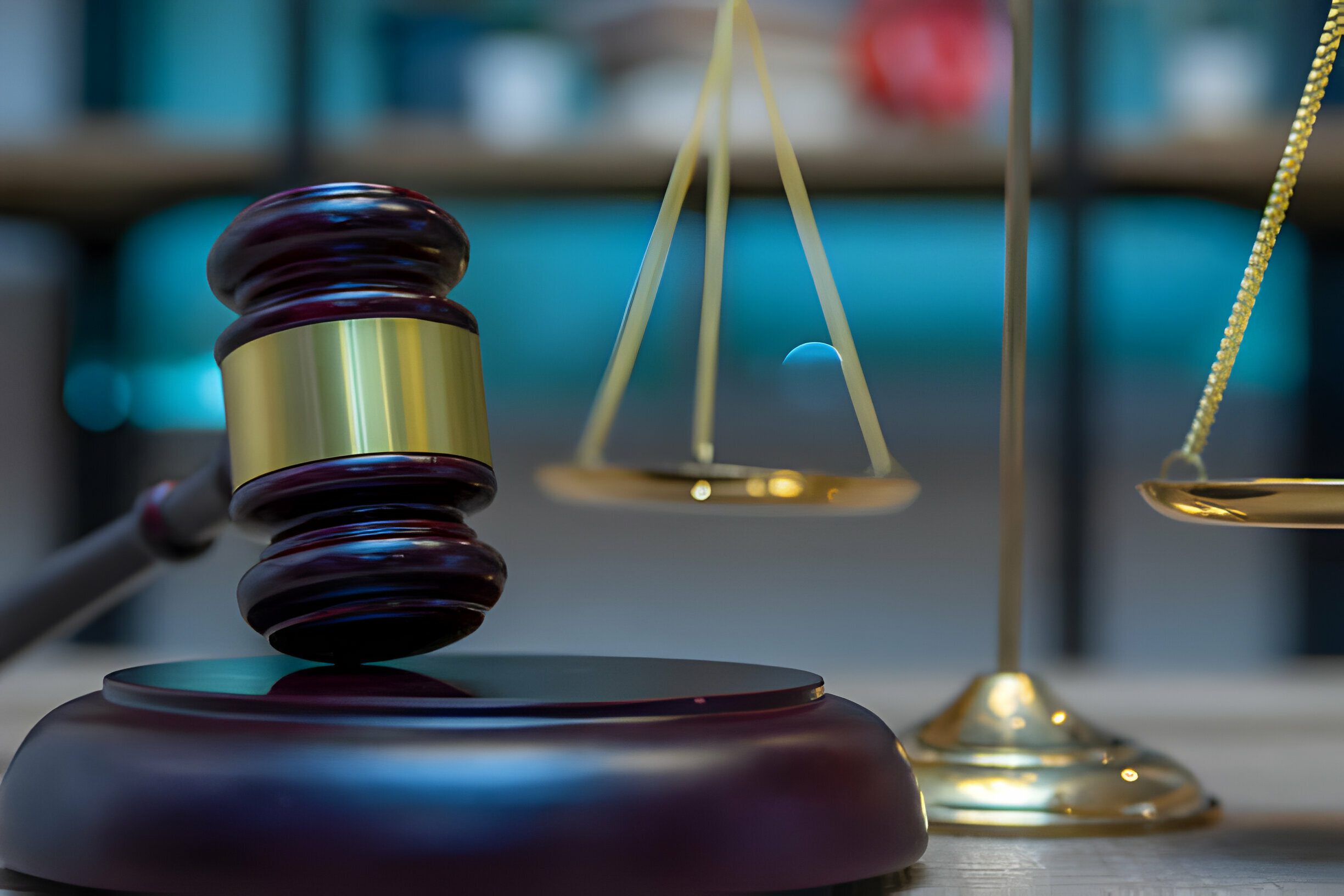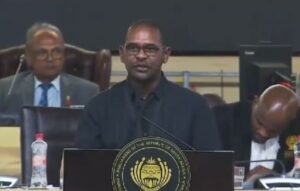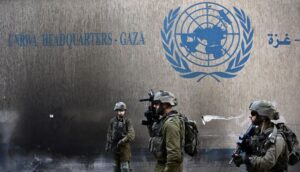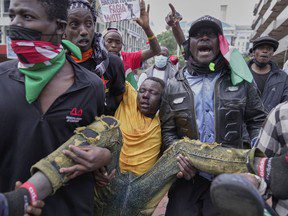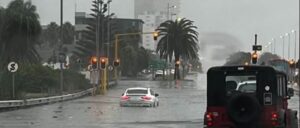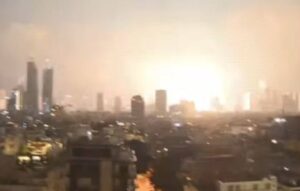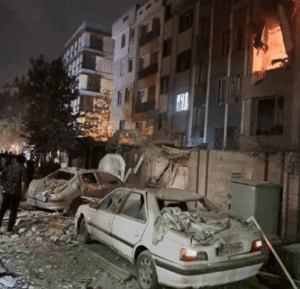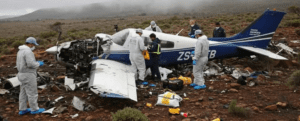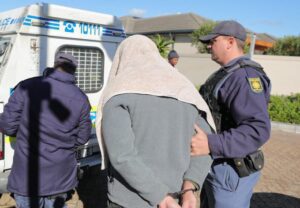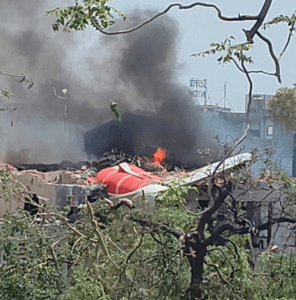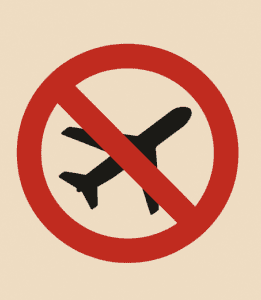A senior figure within South Africa’s Department of International Relations and Cooperation has expressed hope that the outcome of last Friday’s judgement concerning Israel’s adherence will be escalated for broader deliberation at the United Nations, potentially as soon as this Wednesday.
Following the judgement, Israel has persisted with its military campaign, which it asserts targets Hamas. This operation has resulted in the loss of hundreds more Palestinian lives, as reported by the Health Ministry in the Hamas-governed Gaza. The ministry announced on Wednesday that in the preceding 24 hours, 150 individuals had lost their lives in the region, elevating the total Palestinian fatality count in the conflict to over 26,700.
The Health Ministry does not distinguish between civilian and combatant casualties but notes that the majority of those deceased are women and children.
“I can’t be dishonest. I believe the rulings of the court have been ignored,” stated South Africa’s Foreign Minister. “Hundreds of people have been killed in the last three or four days. And clearly, Israel believes it has the freedom to act at will.”
Minister Pandor highlighted the risk of global inaction leading to civilian deaths in Gaza and drew parallels with the inaction that allowed the tragic death toll of the genocide in Rwanda in 1994, where over 800,000 individuals were massacred.
“We are allowing this to happen again, right before our eyes, on our TV screens,” Pandor remarked.
The court’s decision is mandatory for Israel to follow, with potential U.N. sanctions looming if non-compliance is established. However, such sanctions could be obstructed by the United States, a staunch ally of Israel.
Israeli Prime Minister Netanyahu has reiterated Israel’s stance of continuing its defense efforts. Israel maintains its offensive is a response to Hamas’s attacks on October 7, which resulted in approximately 1,200 deaths, predominantly civilians.
Israel upholds that its military actions are in line with international law, striving to limit civilian casualties in Gaza. It claims to have eliminated over 9,000 militants, accusing Hamas of utilizing civilian locales to complicate the avoidance of civilian casualties.
The African National Congress, South Africa’s ruling party, has often drawn parallels between Israel’s policies in Gaza and the West Bank and South Africa’s own past under apartheid, which saw the majority of Black citizens confined to designated areas until its abolition in 1994.
Pandor also mentioned South Africa’s intention to continue its legal challenge against Israel at the International Criminal Court (ICC), accusing Netanyahu of war crimes and seeking his arrest.
While in The Hague last week for the International Court of Justice (ICJ) ruling, a South African delegation engaged with the ICC’s court president and prosecutor, voicing concerns over the slow progress on pressing issues.
South Africa’s case against Netanyahu was submitted to the ICC in November, following the court’s precedent of issuing an arrest warrant for Russian President Vladimir Putin over alleged war crimes.
“The (ICC) prosecutor assured us the matter is being addressed by his office,” Pandor noted, expressing dissatisfaction with the response to her inquiry on the differential treatment of the Prime Minister of Israel compared to Mr. Putin.
Israel, similar to Russia, has not ratified the treaty establishing the ICC and thus does not acknowledge its jurisdiction.
This situation underscores the complexities and challenges in international law enforcement, highlighting the nuanced positions nations adopt based on historical experiences, legal interpretations, and diplomatic relationships. South Africa’s active engagement in these international legal proceedings illustrates its commitment to accountability and justice on the global stage, reflecting its own journey towards overcoming injustice.

